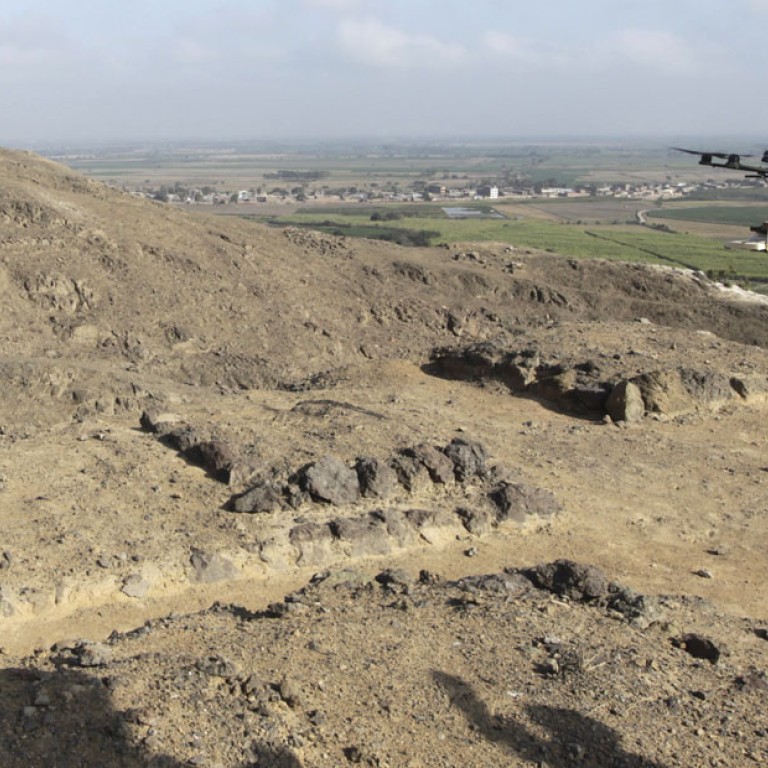
Short Science, September 8, 2013
An experimental vaccine implant to treat skin cancer has begun early trials in humans, as part of a growing effort to train the immune system to fight tumours, researchers said.
An experimental vaccine implant to treat skin cancer has begun early trials in humans, as part of a growing effort to train the immune system to fight tumours, researchers said. The approach, which was shown to work in laboratory mice in 2009, involves placing a fingernail-sized sponge under the skin where it reprogrammes a patient's immune cells to find cancerous melanoma cells and kill them. The first-phase trial aims to test the safety of the implant in a small number of patients. The device may move to phase-II trials on effectiveness and larger phase-III trials before reaching the market. AFP
Archaeologists in Peru, home to the Inca city of Machu Picchu and thousands of ancient ruins, are turning to drones to speed up survey work and protect sites from squatters, builders and miners. Developed for the military, the technology's falling price means it is increasingly used for civilian and commercial projects. Reuters
Australian doctors have achieved a world first by helping a woman to become pregnant seven years after her ovaries were removed during cancer treatment, by grafting frozen tissue on to her abdominal wall. Researchers from Melbourne IVF and the Royal Women's Hospital have given hope to cancer survivors who develop menopause after treatment. Just before she had her second ovary removed, the Brisbane woman, 24, asked doctors to preserve some of her ovarian tissue. Associate professor Kate Stern, head of fertility preservation at Melbourne IVF, said: "We checked the tissue again, checked with her surgeon, made sure that everything was OK and talked with her about the risks." Her team did a first graft in 2010 and a second two years later. The tissue was put back in the front wall of her abdomen, so that it was under the skin and the muscle, but not inside the abdomen. The graft, along with hormone stimulation, helped produce two eggs, which were then fertilised and put back in the women's uterus. She is now expecting twins. The Guardian
Playing brain-training video games may help reverse the natural decline in cognitive abilities among older people. Scientists found that 60-year-olds who played a custom-designed video game for 12 hours over the course of a month improved their multitasking abilities to levels better than those achieved by 20-year-olds playing the game for the first time. The subjects retained those improvements six months later. "By challenging your brain, you can drive plasticity and improve its function," said Adam Gazzaley of the University of California, San Francisco. His team's findings, published in the journal , suggest the ageing brain is more "plastic" than previously thought, meaning it retains a greater ability to reshape itself in response to the environment and could be improved with properly designed games. Gazzaley's team asked participants to play a game called "NeuroRacer", which involved driving a car along a hilly, winding road. The Guardian

